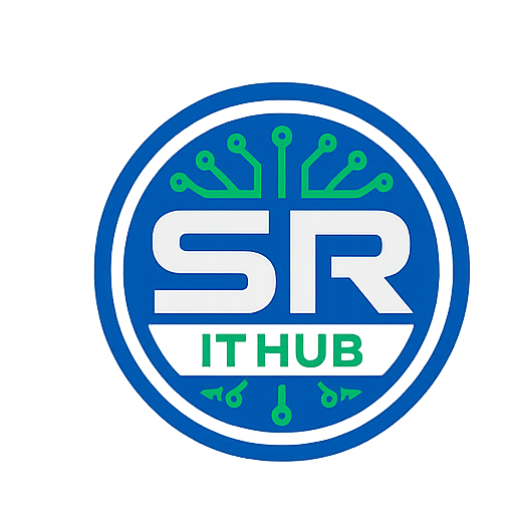ABSTRACT
Peer-to-peer overlay networks are widely used in distributed systems.P2P networks can be divided into two categories: structured peer-to-peer networks in which peers are connected by a regular topology, and unstructured peer-to-peer networks in which the topology is arbitrary. The
objective of this work is to design a hybrid peer-to-peer system for distributed data sharing which combines the advantages of both types of Peer-to-peer networks and minimizes their disadvantages. Consistency maintenance is propagating the updates from a primary file to its replica. Adaptive consistency maintenance algorithm (ACMA) maintains that periodically polls the file owner to update the file due to minimum number of replicas consistency overhead is very low. Top Caching (TC) algorithm helps to boost the system performance and to build a fully distributed cache for most popular information. Our caching scheme can deliver lower query delay, better load balance and higher cache hit ratios. It effectively relieves the over-caching problems for the most popular objects.
Existing System
In the past decade a number of prototype peer-to-peer information retrieval systems have been developed. Unfortunately, none of these has seen widespread real-world adoption and thus, in contrast with file sharing, information retrieval is still dominated by centralized solutions. In this
article we provide an overview of the key challenges for peer-to-peer information retrieval and the work done so far. We want to stimulate and inspire further research to overcome these challenges. This will open the door to the development and large-scale deployment of real-world peer-topeer information retrieval systems that rival existing centralized client-server solutions in terms of scalability, performance, user satisfaction, and freedom. The proposed hybrid peer-to-peer system is composed of two parts: the first part is a structured core network which forms the backbone of the hybrid system; the second part is made of multiple unstructured peer-to-peer networks each of which is attached to a node in the core network. The core structured network can narrow down the data lookup within a certain unstructured network accurately, while the unstructured networks provide a low-cost mechanism for peers to join or leave the system freely.
Proposed System
we propose a hybrid peer-to-peer system for distributed data sharing which combines the structured and unstructured peer-to-peer networks. In the proposed hybrid system, a structured ring-based core network forms the backbone of the system and multiple unstructured peer to peer networks are attached to the backbone and communicate with each other through the backbone. The core-structured network provides an accurate way to narrow down the queried data within a certain unstructured network, while the unstructured networks provide a low cost mechanism for peers to join or leave the system freely. The main contributions of this paper can be summarized as follows: · Propose a hybrid peer-to-peer system for distributed data sharing. It utilizes both the efficiency of the structured peer- to- peer network and the flexibility of the unstructured peer – to- peer network, and achieves a good balance between the efficiency and flexibility. · To maintain consistency, using file consistency algorithm for hybrid P2P system so that periodically the file owner to update the file due to number of replicas consistency overhead is very low.
· To boost the performance of hybrid P2P, Top Caching (TCS) algorithm is used to build a fully distributed cache for popular information in P2P systems. It effectively relieves the over caching problems for the most popular objects.
SOFTWARE REQUIREMENTS:
• Web Technologies : HTML, CSS, JS. JSP
• Programming Language : Java
• Database Connectivity : JDBC
• Backend Database : MySQL
• Operating System : Windows 08/10
HARDWARE REQUIREMENTS:
• Pentium processor : Core I3
• RAM Capacity : 2GB
• Hard Disk : 250GB
• Monitor : 15’’ Color Monitor

